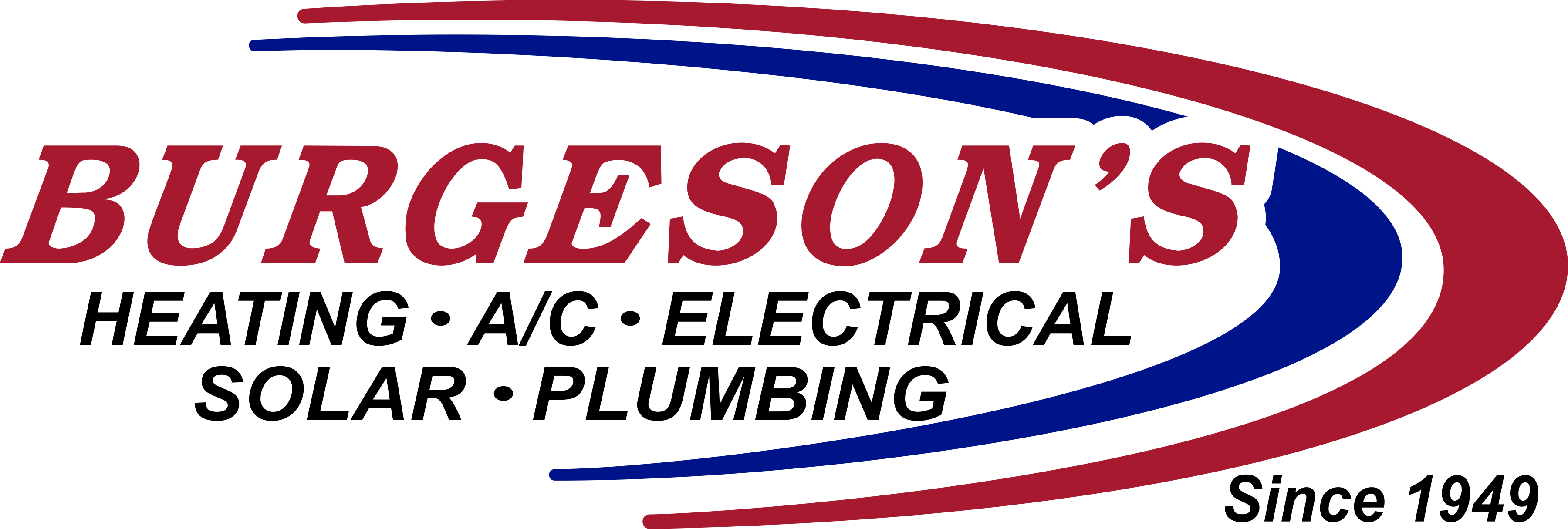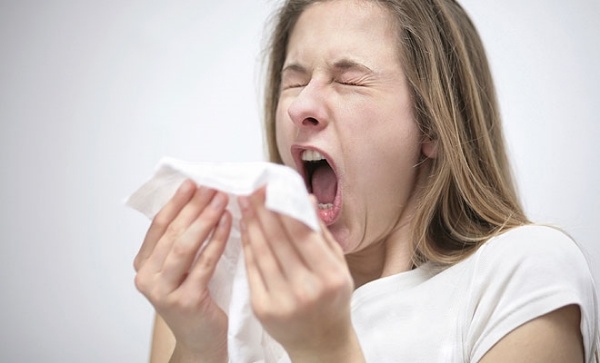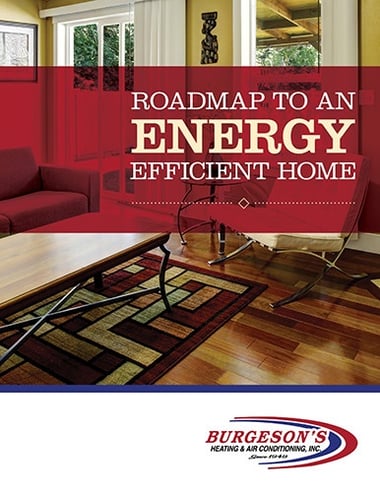We are in the midst of winter which means we're all retreating to the cozy warmth of our homes. Winter also means that it's flu season. In fact, according to the Centers for Disease Control and Prevention (CDC) flu activity starts as early as October and ends as late as May, peaking between December and February. This is not entirely coincidental.
In reality, indoor air can by five times more polluted than outside air. When we remain indoors we spread infections by breathing stagnant and recycled air. This increases the chance of inhaling harmful pollutants and pathogens; we're breathing the same air as other people in the room who may be sick or carrying an illness. But don't fret; you don't have to spend your winter days with the windows wide open.
Make Your Ventilation Work for You
Most HVAC systems recirculate indoor air, which conserves energy but also leads to an increase of indoor air pollutants if your air filter is dirty. Airborne pollutants can come in the form of pet dander, dust mites, mold, and pollen. Changing your filter combats the issue and enables for constant air circulation to pass through clean filters to trap indoor pollutants.The Environmental Protection Agency (EPA) recommends changing your air filters every three months, regardless of whether they look dirty or not.
On top of regular filter changes, proper and frequent HVAC maintenance keeps your heating and air conditioning system running smoothly. Because your ductwork is out of sight and out of mind, you may not think of maintaining it. Exposure to airborne pollutants can lead to irritation of the eyes, throat, nose and sometimes worse. Make sure your ductwork is a fully sealed system to ensure clean fresh air comes from your registers.
UV Light
The most effective way to battle against microorganisms such as bacteria, viruses, and other pathogens is using UV germicidal lights. These UV systems are installed in the ductwork of your central air system or the air handler itself. As the air circulates through your central air system, the UV-C light kills airborne microbes and volatile organic compounds (odors) like cigarette smoke, pet odors, cleaning chemicals and more. A photocatalytic reaction sterilizes and transforms these contaminants into harmless water vapor and carbon dioxide.
When you really think about it, the HVAC industry is looking out for not only your comfort, but also your health. If you're having trouble with your heating and air conditioning system, contacting an HVAC specialist can make a world of difference. Don't leave your family's health up to chance. Call Burgeson's at (909) 792-2222 for any of your heating and air conditioning needs.












